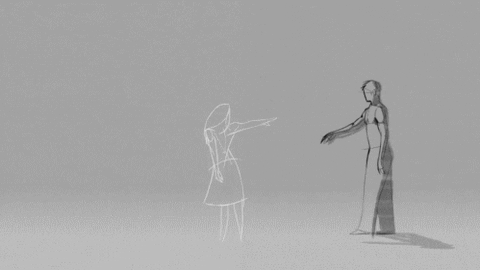
What is a "Theory of Mind"?Source: Claude 3.5 Sonnet
|

|
Theory of mind refers to the ability to understand and attribute mental states — beliefs, desires, intentions, emotions, and knowledge — to oneself and others, and to understand that others have mental states that are different from one's own. It's a fundamental aspect of social cognition that develops during childhood.
The concept encompasses several key components:
Understanding that others have their own perspectives and thoughts that may differ from our own. For example, a child with developed theory of mind can understand that someone else might believe something that the child knows to be false.
Recognizing that mental states influence behavior. We understand that people act based on their beliefs and desires, even if those beliefs are incorrect. For instance, if someone believes it's raining (even when it's not), they might take an umbrella.
The ability to predict and explain others' behavior based on their mental states. This enables us to navigate social situations and understand why people behave the way they do.
A classic test for theory of mind is the "false belief" task, often demonstrated through the Sally-Anne test: Sally places a marble in a basket and leaves. While she's gone, Anne moves the marble to a box. When Sally returns, children with developed theory of mind understand that Sally will look for the marble in the basket (where she believes it to be) rather than in the box (where it actually is).
This cognitive skill is crucial for social interaction, empathy, and communication. Deficits in theory of mind are often associated with autism spectrum disorders, though the relationship is complex and varies among individuals.



